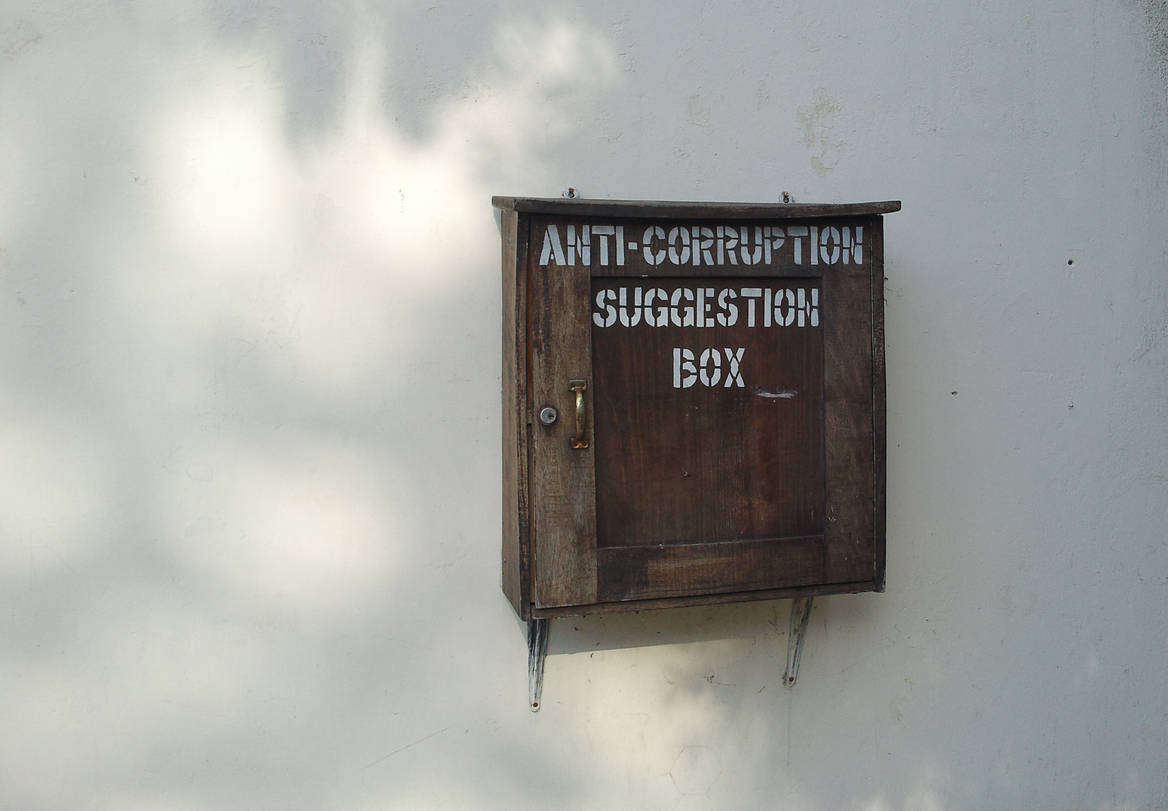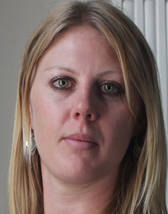Fighting Corruption: The Case for Inclusive and Risk-Based Approaches
This report summarises the outcomes of a series of workshops held by RUSI and KPMG addressing measures to tackle corruption
Ahead of an international Anti-Corruption Summit to be hosted by the UK prime minister in London in May 2016, RUSI’s Centre for Financial Crime and Security Studies (CFCS) and KPMG’s International Development Assistance Services (IDAS) gathered private and public sector stakeholders for a series of four workshops to inform the preparation of this summit and to emphasise priority action areas.
The workshops gathered cross-sector views on areas for improvement within the legal and policy frameworks, the potential for greater collaboration between business, civil society and government, and the conditions under which co-operation between the public and private sectors could contribute to an effective international anti-corruption strategy. This report presents the major findings from these workshops.
About the Authors
Inês Sofia de Oliveira is a Research Fellow at RUSI within the Centre for Financial Crime and Security Studies (CFCS) where she leads projects on illicit financial flows and works on projects aimed at improving public–private partnerships and information sharing. Her current research includes the ‘Cartography of Compliance’, a project that identifies, describes and analyses different compliance strategies adopted by the private sector in order to comply with regulatory requirements.
Sarah Lain is a Research Fellow at RUSI, specialising in Russia and Eurasia. She was recently appointed a special adviser to the Foreign Affairs Committee to assist in their enquiry into UK-Russia relations. Prior to working at RUSI, she worked in corporate intelligence investigations, with a focus on Russia/CIS, at first Control Risks and then at KPMG.
Emily Winterbotham is a Research Fellow in the International Security Studies group at RUSI. For the past six years she has worked in Afghanistan and Pakistan, most recently as Political Adviser for the European Union Special Representative, focusing on the Afghan peace process, violent extremism and insurgent networks in South Asia.
Ingrida Kerusauskaite works with the KPMG International Development Assistance Services (IDAS) team in London, focusing on Department for International Development anti-corruption, legal reform and business environment reform programmes. Ingrida is also a PhD researcher at the University of Cambridge, on international development and anti-corruption. She teaches on international development at various departments of the University of Cambridge, including on the MPhil programme in Development Studies (‘Justice and Development’ module).
Matthew Glanville is a senior manager at KPMG IDAS. He is an experienced anti-corruption practitioner having delivered programmes in Iraq, Afghanistan and Tanzania for the US and UK governments. He has a particular interest in corruption in fragile states.
WRITTEN BY
Sarah Lain
Emily Winterbotham
RUSI Senior Associate Fellow, Terrorism and Conflict


